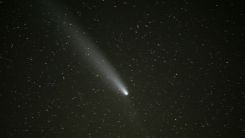
Madz Dizon


China’s Tiangong Space Station to Expand Its Capabilities With New Modules
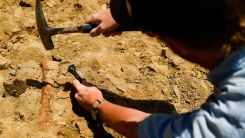
Ancient Fossil Found in New York Shines Like Gold, Revealing a 450-Million-Year-Old Species

How a Plant-Based Diet Can Protect Against Breast Cancer: Insights from Nutrition Research
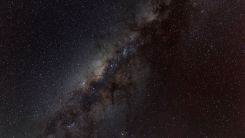
Chandra Observations Reveal Dangerous Areas for Planetary Development Near Massive Stars
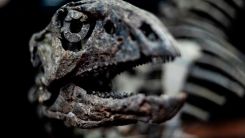
Cold, Not Heat, Caused Mass Extinction 201.6 Million Years Ago: New Study
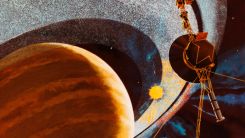
NASA Shuts Down Voyager 2 Science Instrument After 47 Years to Conserve Energy
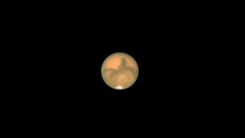
Martian Ice May Support Microbial Life Beneath Its Surface, New Study Suggests

OpenAI’s Whisper Faces Scrutiny Over Accuracy, Experts Find 'Hallucinated' Text in Transcripts
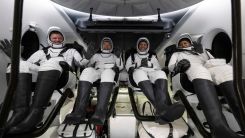
NASA Astronaut Hospitalized After Returning from Extended Space Mission
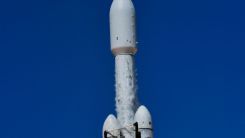
Deep Blue Aerospace Unveils Plans for Unforgettable Space Tourism Experience

Innovative BLAST Patch Could Stop Skin Infections with Harmless Electric Currents

Novo Nordisk’s Ozempic Could Be Key to Lowering Alzheimer’s Risk, According to New Research

Poor Sleep Habits Could Result in Your Brain Aging by Almost Three Years, Researchers Say
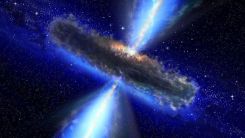
First Black Hole Triple System Discovered by Astronomers at MIT
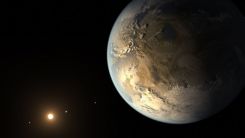
Water from Earth's Surface Could Be Leaking to Core
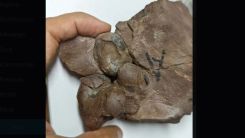
Ancient Mini Dinosaur Eggs Uncovered in China: Could They Belong to a New T. Rex Relative?
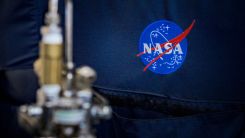
New NASA Telescope Prototypes Could Help Explore the Universe's Origins

Brain-Dead Man Wakes Up Just Before Removal of Organs for Donation
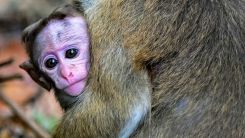
Monkey’s Vision Restored with Human Stem Cells in Groundbreaking Retinal Repair Study

SpaceX Successfully Launches Eutelsat OneWeb Satellites for European Internet Provider
US Space Force Partners with SpaceX, Awarding $733.6 Million for National Security Missions

Slow Blinking Can Strengthen Your Bond with Your Cat: Research

Two Brown Dwarfs in Close Orbit Around Star Spotted by Astronomers Using New Telescopes
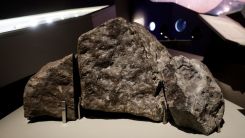
Meteorites on Earth Traced Back to Parent Bodies in Space
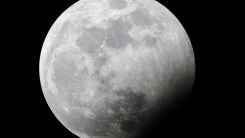
The Hunter's Moon: October's Full Moon to Be the Brightest in Nearly Two Decades

Music's Role in Treating Chronic Pain, Dementia

La Niña Forecast: NOAA Warns of Possible Weather Changes Through March
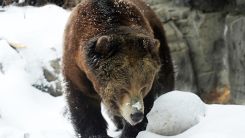
Bear Meat Gathering in North Carolina Leads to Parasitic Outbreak, CDC Suspects
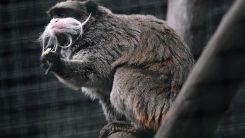
Hong Kong’s Oldest Zoo Investigates Monkey Deaths After Nine Die in Two Days
Most Popular

Earth Without Moon: The Shocking Truth About Planetary Stability and Survival

Can Time Really Slow Down? Einstein's Relativity Explained Simply for Beginners

Human Immunity vs. Animal Immune Systems: Biology Facts That Reveal the Strongest Defenders

10 Reasons Mars Stands Out as the Top Planet for Human Colonization and Long-Term Survival in Space




